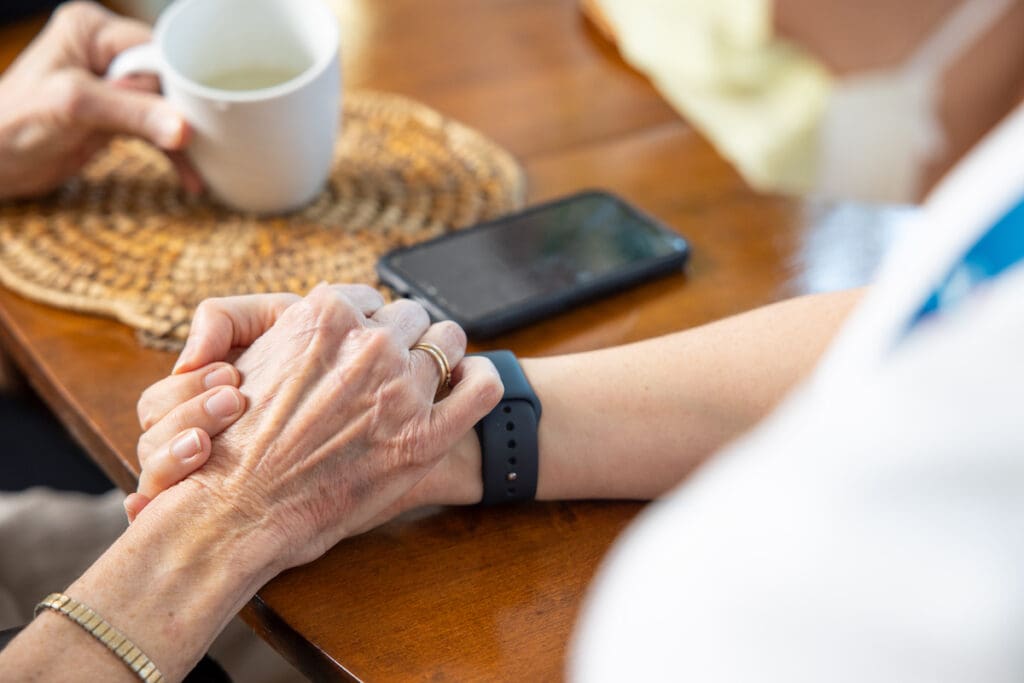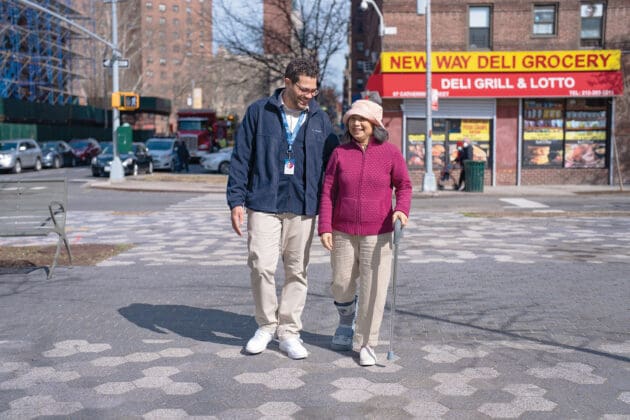
Social workers are becoming more and more important to breaking down barriers and misconceptions about hospice care in underserved communities. Public awareness and education surrounding hospice care is one of 2024 biggest challenges according to a Hospice News survey. Providers struggle to communicate what hospice care is for patients and referring clinicians. This becomes especially difficult when trying to overcome language and cultural barriers in diverse neighborhoods according to Joseph Bleiberg, lead social worker.
“Social workers are advocates for patient-centered care,” Joseph told Hospice News. “We’re doing a lot of anticipatory grief and supportive counseling, and sometimes it’s almost like we’re the interpreter communicating patient and family needs. The added challenges can come when there are cultural and language barriers to the conversation. We have to be skilled in how we have that end-of-life conversation in a way that’s appropriate for them.”
Joseph added how matching team members with patients and families that share the same culture and language can improve hospice education. This can benefit communities in identifying any gaps in knowledge. Social workers can also become the bridge that connects patients with care services that align with their own beliefs. They can build relationships with families across diverse backgrounds and usually have a deeper understanding about those making end-of-life care decisions.
“Having staff from all faiths, backgrounds, languages and cultures is often a huge help,” Joseph said. “If we can match patients and families with a staff member they relate to, [then] we really can focus on the awareness that various cultures and religions play and the different health care proxies that might be involved. If they are Jewish Orthodox, for example, they have a holographic living will in which a rabbi is named to be consulted when making health care decisions. So, it’s really having a good awareness that there’s a lot of different ways of having and starting the end-of-life care conversation and building trust with that group.”
Read the full Hospice News article here.


